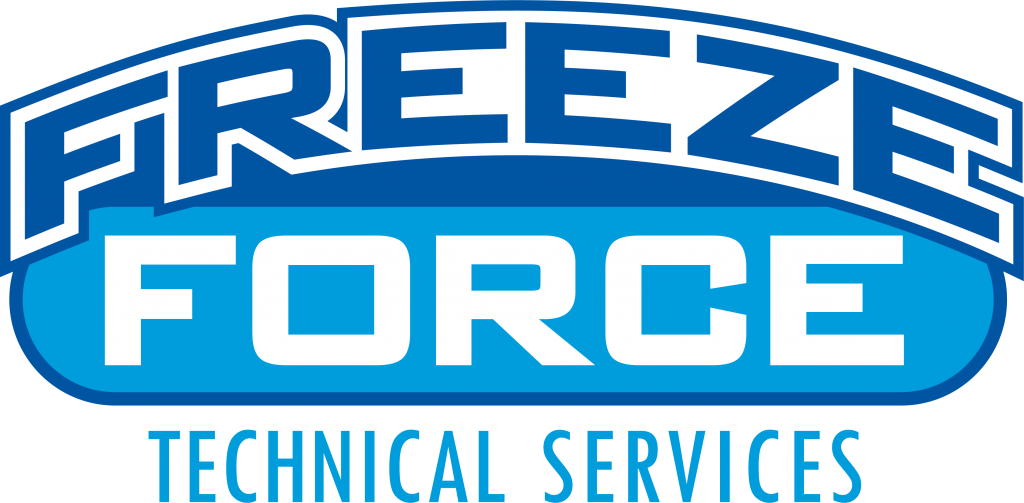 The Case for R290
The Case for R290
Written by Brian Ballman
Modern Ice Equipment & Supply Company
R290, recognized as refrigeration grade propane, has emerged as a superior refrigerant for small charge systems such as those used in merchandisers. Positioned as a hydrocarbon refrigerant, it presents a natural and non-toxic alternative to harmful CFC and HFC refrigerants, notably stepping in for the phasedout R404a. The switch to R290 is driven by three critical factors that make it the preferred refrigerant in today’s market:
Reason 1: High Performance Refrigerant
The efficiency of R290 surpasses other refrigerants due to its superior thermal conductivity. This characteristic not only enhances refrigerant performance but also leads to reduced electrical operating costs. Its lower high side compressor pressures also contribute to a potentially extended compressor life. Furthermore, R290’s consistent performance ensures stable temperatures, preserving products in optimal condition.
Reason 2: Eco-Friendly Nature
One of R290’s significant advantages lie in its ecofriendly attributes. As a natural and safe refrigerant, it avoids environmental harm by not contributing to global warming or ozone layer depletion. This ecofriendly quality positions R290 as an excellent longterm refrigeration solution that prioritizes sustainability. R290 has been used in millions of commercial and residential refrigeration systems not just in the US, but throughout the world.
Regarding concerns about flammability, it’s important to note that while awareness is necessary, the refrigerant is contained within closed systems and the refrigerant does not come in contact with any ignition sources. Also, R290-based refrigeration systems demand minimal refrigerant quantities due to their high efficiency and have a comparable amount of flammable material used in common everyday items like aerosol cans and lighters.
Reason 3: Federal & 50 State Compliance
Recognizing environmental concerns, regulatory bodies such as the California Air Resources Board
(CARB) and the American Innovation and Manufacturing (AIM) Act on a federal level have mandated the phasing out of harmful HFC refrigerants like R404a. R290, complying with these stringent regulations, has gained EPA approval as a suitable and preferred substitute. R290 is considered to be a ‘final solution’ refrigerant.
R290: Testing Data and Performance Evaluation
Extensive qualitative and quantitative data from industry publications, manufacturer tests, and realworld field experiments validate R290’s effectiveness. Performance evaluations conducted across varying ambient temperatures demonstrate R290’s resilience, efficiency, and adaptability, exceeding expectations even in ambient conditions exceeding 100°F. The amount needed to achieve the same amount of heat transfer is much less with R290 than the R404a. Benefits of this include lower compressor discharge pressure and temperature, resulting in a longer compressor life expectancy. Systems utilizing R290 consistently consume less power across all tested ambient temperatures, demonstrating R290’s efficiency to be 10-15% higher.
Service and Repair of R290 Merchandisers
As noted above, with R290 there needs to be an awareness with those servicing these refrigeration systems to the differences with R290. Some of the specific areas to be aware of include:
1. Never use a metal scraper or similar tool to remove frost buildup from the evaporators. While this is true for any refrigerant as stated above, R290 propane is flammable.
2. R290 is a critically charged sealed system. Do not attempt to open the system unless, without a doubt, it is a refrigeration related issue.
3. Use only OEM components to maintain UL certification.
4. You must use a hydrocarbon leak detector. Do not use a halide leak detector on an R290 system. It must be designed specifically for combustible gas.
5. Makes sure to follow the No Smoking or Open Flames signage.
6. Use refrigeration grade propane, gauges, and fittings. Hoses should be as short and smallest inside diameter as possible to prevent refrigerant loss.
7. Keep an approved fire extinguisher and wet rags close by when servicing these units.
If additional training is desired, technicians can go through the RSES Hydrocarbon Refrigerants class or ESCO Refrigerant Safety training for basic background information. EPA 608 Certification is also recommended by equipment manufacturers for those servicing the R290 refrigeration systems.
Conclusion
The adoption of R290 refrigeration systems signifies a monumental leap in refrigeration technology. With higher efficiency, lower energy consumption, and potential longevity compared to systems utilizing R404a, R290 operates seamlessly within diverse ambient temperatures. Embracing R290 represents a significant stride toward an em-friendly future in refrigeration. It showcases the industry’s commitment to efficiency, sustainability, and adaptability, marking a leading position at the forefront of technological advancement.




